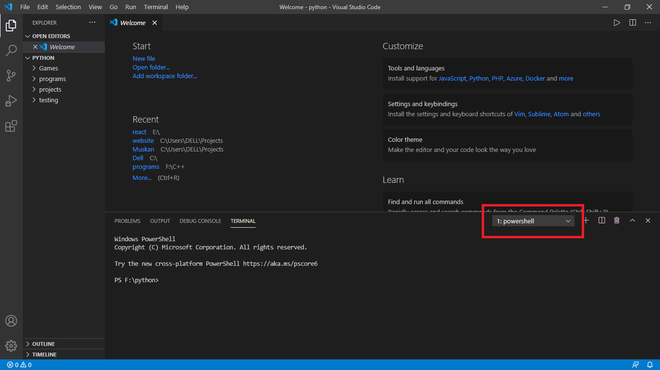

When you create private/public SSH keys on your machine (that’s what you did in the above steps), it’s not enough. open file /home/your_username/.ssh/id_rsa.pub with your favorite text editor, and copy contents to your Git repository’s keys field ( GitHub, beanstalk, or any other repository provider), under your account.ssh-keygen -t rsa (when prompted, enter password, key name can stay the same).Open the file you’ve just created ~/.ssh/id_rsa.pub with your favorite text editor, and copy contents to your Git repository’s keys field (GitHub, beanstalk, or any other repository provider), under your account.Execute the following command: ssh-keygen -t rsa (when prompted, enter password, key name can stay the same).Navigate to your home directory by typing: cd ~/.Note: your_home_directory is either C:\Users\your_username (on Windows Vista / 7 / 8 / 10), or C:\Documents and Settings\your_username (on Windows XP) Mac Be sure that you don’t copy any whitespace while copying public key’s content (id_rsa.pub).Open file your_home_directory/.ssh/id_rsa.pub with your favorite text editor, and copy contents to your Git repository’s keys field ( GitHub, beanstalk, or any other repository provider), under your account.Type in the following: ssh-keygen -t rsa (when prompted, enter password, key name can stay the same).


#DO I NEED GIT BASH ON MAC HOW TO#
Hi there! This post will be pretty straightforward and will cover Windows, Mac, and Linux, so if you don’t know how to do it already, read on.


 0 kommentar(er)
0 kommentar(er)
